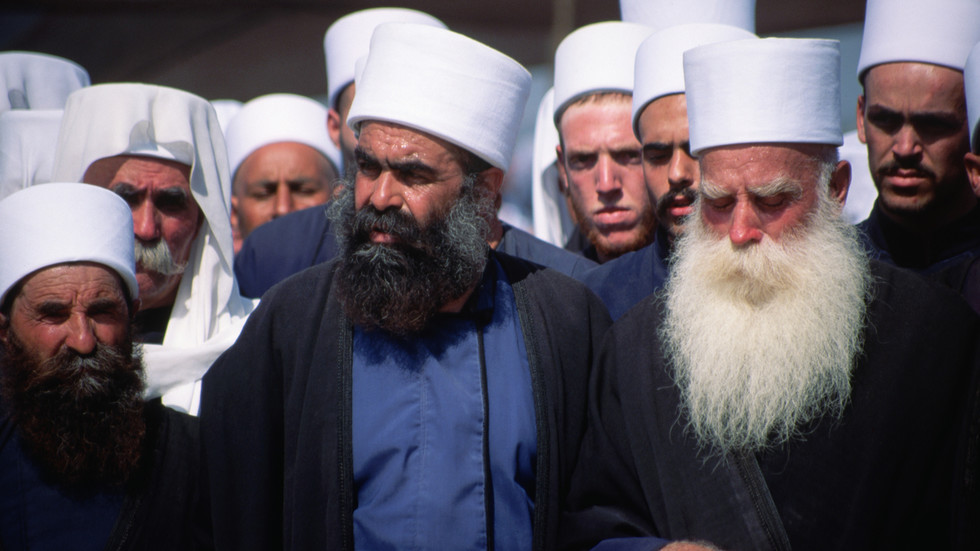In recent developments from southern Syria, the village of Hader, home to members of the Druze community, has expressed a desire to be incorporated into the Israeli-occupied Golan Heights. An unverified video surfaced, featuring a local Druze representative articulating fears regarding the future of their community in the wake of significant changes to the political landscape. This plea for potential annexation comes following the recent overthrow of Bashar Assad’s government, which collapsed after opposition factions, notably the jihadist group Hayat Tahrir al-Sham (HTS), launched a surprise offensive resulting in the capture of major cities, including the capital, Damascus. Now in exile, Assad has sought asylum in Russia.
During the video, which was shared on social media platform X, the representative of the Druze community emphasized the urgent need for the village to consider its fate. He posited that living under the rule of HTS, formerly known as the Al Nusra Front and affiliated with Al Qaeda, would likely lead to severe consequences for their community. He described the imminent threats they could face, including the loss of their women, daughters, and homes, expressing that the anticipated ascension of jihadist authority constitutes a dire threat compared to the option of seeking relations with Israel.
Highlighting his constituents’ plight, the representative asserted that their request for annexation to the Golan Heights was not merely a matter of political strategy but a necessary step to preserve their dignity. The perspective shared reflects a grim recognition among many Druze about the historical injustices they have faced and the potential for recurring oppression. With their ethnic and religious identity distinctly threatened by extremist ideologies, the collective sentiment points toward a desperate plea for safety and autonomy, aligning their future with that of the Israeli Druze community, who purportedly live with greater freedoms and dignity.
Statistical evidence shows that the Druze community in Syria, primarily located in the Suwayda Governorate, has faced severe upheaval due to the civil war, which has forced many members to flee to safer locations across the country. According to reports, nearly half of Syria’s Druze resided in this area before the conflict, but the ongoing violence and instability have likely diminished their numbers and security. As these residents grapple with the impact of past oppression, their calls for joining the Golan are underscored by an underlying existential fear of jihadist governance.
In the broader context, the request for annexation to the Golan reflects a shifting dynamic in the region wherein traditional allegiances are being re-evaluated. The precariousness of living under an oppressive regime or confronting an even harsher reality under jihadist control has compelled the Druze community in Hader to consider unconventional alignments. The layer of complexity added by regional politics highlights the ongoing struggle for survival that many minority communities face amid the chaos of the Syrian civil war.
In conclusion, the Druze community’s appeal to be affiliated with Israel underscores significant themes of identity, survival, and agency in an increasingly volatile regional landscape. Finding themselves caught between oppressive governance and the looming threats posed by extremist groups, the residents of Hader are compelled to engage in a critical dialogue about their future. This situation serves as a poignant reminder of the broader humanitarian crises that arise from conflict and the desperate measures communities might resort to in hopes of ensuring their safety and continuity amidst pervasive threats.

